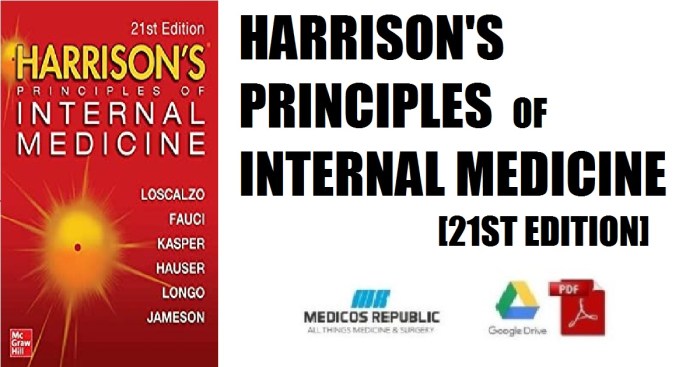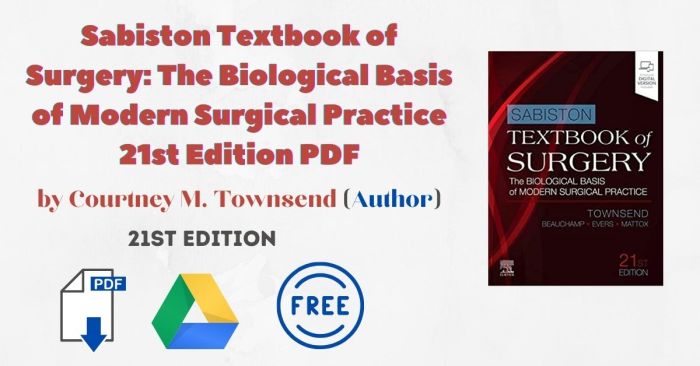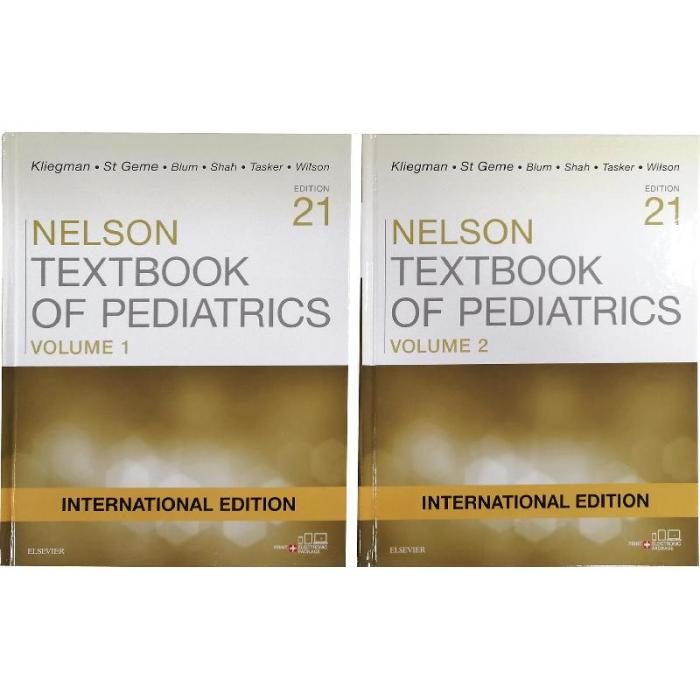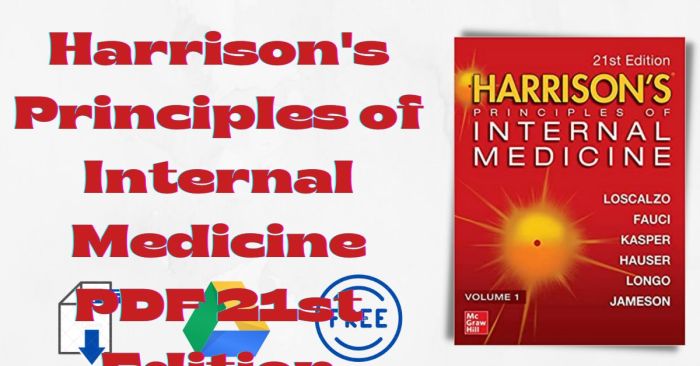Mass media law 21st edition pdf free – Delve into the intricacies of mass media law with our comprehensive 21st edition PDF, offering an authoritative exploration of the legal frameworks governing media and communication in the digital age. This essential resource provides a thorough examination of copyright, defamation, privacy, access to government information, advertising regulation, and social media law, equipping you with the knowledge to navigate the complex legal landscape of mass media.
As technology continues to reshape the media industry, this 21st edition incorporates the latest developments and case law, ensuring you stay abreast of the evolving legal landscape. With its in-depth analysis and practical guidance, this PDF is an indispensable tool for attorneys, journalists, media professionals, and anyone seeking a deeper understanding of mass media law.
Copyright Law in the Digital Age

Copyright law has undergone a significant evolution in the 21st century, largely driven by the advent of the internet and digital technologies. These advancements have transformed the way we create, distribute, and consume copyrighted works, posing new challenges to the protection of intellectual property rights.
The internet has facilitated widespread digital piracy, making it easier for individuals to infringe copyrights by illegally downloading, sharing, or reproducing protected works. In response, governments and copyright holders have implemented various measures to combat online infringement, including digital rights management (DRM) technologies, anti-piracy laws, and increased enforcement efforts.
Landmark Cases in Copyright Law in the Digital Age
- Napster, Inc. v. A&M Records, Inc. (2001): This case established that online file-sharing platforms can be held liable for contributory copyright infringement if they fail to take reasonable steps to prevent users from sharing copyrighted works.
- MGM Studios, Inc. v. Grokster, Ltd. (2005): The Supreme Court held that peer-to-peer file-sharing networks can be held liable for inducing copyright infringement even if they do not directly distribute copyrighted works.
- Google LLC v. Oracle America, Inc. (2021): This landmark case addressed the fair use of copyrighted material in the creation of new works, specifically the use of Java APIs by Google in its Android operating system.
Defamation and the Media: Mass Media Law 21st Edition Pdf Free

Defamation is a legal wrong that occurs when a false statement is published or communicated to a third party, causing harm to the reputation of an individual or entity. In the context of the media, defamation can have a significant impact on the public’s perception of a person or organization.
The elements of defamation include: publication of a false statement, identification of the plaintiff, harm to the plaintiff’s reputation, and fault on the part of the defendant.
Defenses to Defamation, Mass media law 21st edition pdf free
- Truth: The statement is true and accurate.
- Privilege: The statement is made in a privileged context, such as a legal proceeding or legislative debate.
- Consent: The plaintiff has consented to the publication of the statement.
High-Profile Defamation Cases Involving the Media
- New York Times Co. v. Sullivan (1964): This landmark case established the “actual malice” standard for public figures in defamation cases, requiring plaintiffs to prove that the defendant published the statement with knowledge that it was false or with reckless disregard for its truth.
- Hustler Magazine, Inc. v. Falwell (1988): The Supreme Court held that parody and satire are protected by the First Amendment, even if they contain false statements that could be defamatory.
- McLibel Trial (1997-2000): This high-profile case in the United Kingdom involved a lawsuit brought by McDonald’s against two environmental activists who distributed leaflets alleging that the company’s food was unhealthy and that it exploited workers.
Privacy and the Press

The right to privacy is a fundamental human right that protects individuals from unwarranted intrusion into their personal lives and affairs. However, this right can come into conflict with the freedom of the press, which allows journalists to report on matters of public interest.
The conflict between privacy and the press has been the subject of numerous legal battles, with courts balancing the need to protect individuals’ privacy against the public’s right to know.
Cases Where the Media Has Been Held Liable for侵犯隐私
- Time, Inc. v. Hill (1967): The Supreme Court held that the media can be held liable for invasion of privacy by publishing information about an individual’s private life that is not of legitimate public concern.
- Cox Broadcasting Corp. v. Cohn (1975): The Supreme Court ruled that the media cannot be held liable for publishing the name of a rape victim obtained from a public record.
- Florida Star v. B.J.F. (1989): The Supreme Court held that the media can be held liable for publishing information about a sexual assault victim’s identity if the information was obtained illegally.
Questions Often Asked
What are the key changes in the 21st edition of mass media law?
The 21st edition incorporates the latest developments in copyright law, defamation law, privacy law, access to government information, advertising regulation, and social media law, reflecting the evolving legal landscape of mass media.
How can I access the mass media law 21st edition PDF for free?
You can download the mass media law 21st edition PDF for free from our website. Simply click on the download link provided and follow the instructions.
Is the mass media law 21st edition PDF suitable for legal professionals?
Yes, the mass media law 21st edition PDF is a comprehensive resource suitable for legal professionals, including attorneys, judges, and law students. It provides in-depth analysis, practical guidance, and up-to-date information on mass media law.
